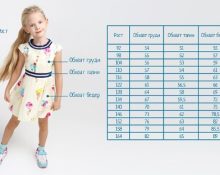After the traditional summer vacation period and the expected drop in consumer activity, demand is gradually returning to the market for sleeping products, beds and mattresses. At the forefront of increasing sales, as before, are virtual hypermarkets, which are weathering the crisis better than land-based retail.
This is facilitated by several factors that determine the situation. For example, an adequate pricing policy that allows you to sell beds and mattresses almost at the factory price. This also includes expanding the delivery map to remote regions. Finally, they attract the target audience with the help of seasonal promotions, gifts, sales and loyalty programs.
Cost reduction
In addition, the hypermarket continues to cooperate with leading factories on exclusive terms, and this gives it the opportunity to set minimum price tags for most products. However, the vast majority of orders can be ordered without prepayment.
At a time when price remains the most important criterion for purchasing activity, hypermarkets are abandoning markups in order to increase audience interest. This also makes it possible to moderately restrain the rise in prices for goods in certain categories.
Promotions, gifts and bonuses
For example, now customers can order a mattress or bed at a reduced price, and the supplier will send a pillow, blanket, mattress pad, blanket, or even another mattress along with the order. Despite the fact that the cost of gifts is lower than the cost of the main purchase, such “free” bonuses significantly increase interest in the catalog of virtual sellers. And the stores themselves do not suffer from this, receiving a loyal customer who is highly likely to return for another purchase in the future.
According to marketers, this year sales and gift distribution began earlier than usual, and they will last until the second half of January.



 0
0




